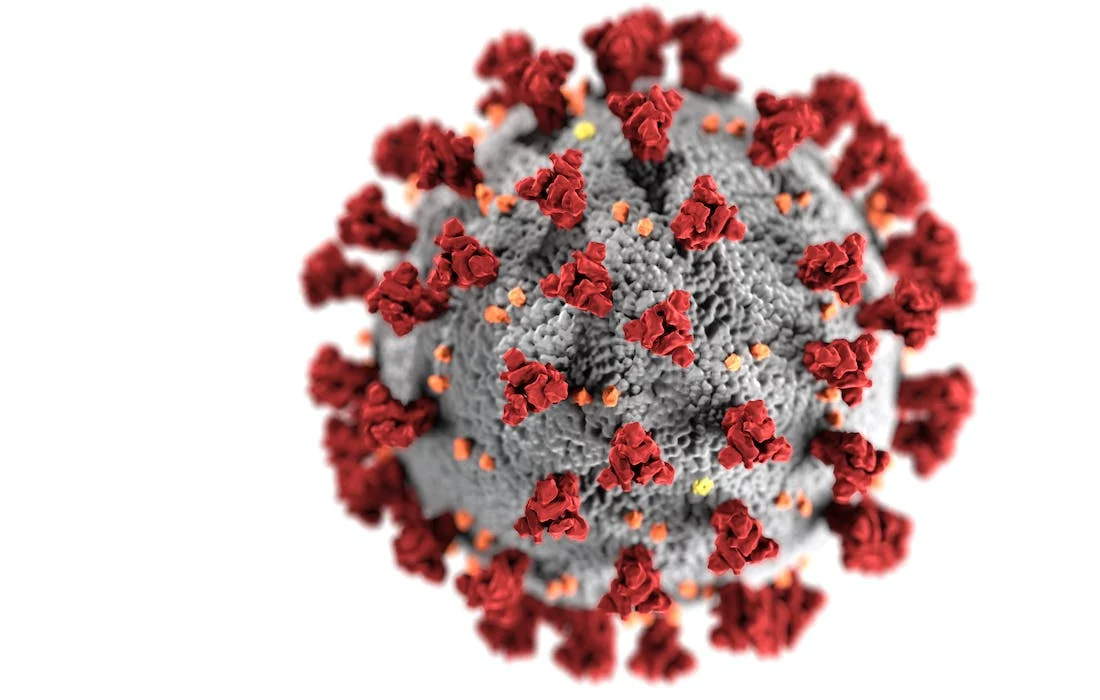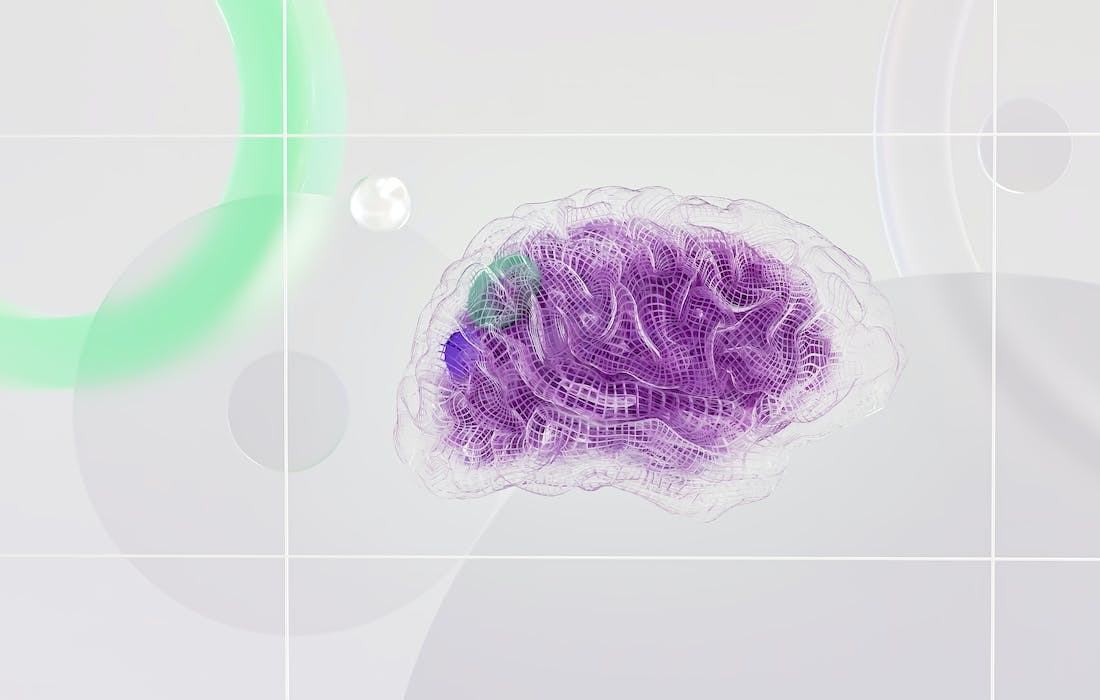Today, a team of scientists from Trinity College Dublin and investigators from FutureNeuro announced a major discovery that has profound importance for our understanding of brain fog and cognitive decline seen in some patients with Long COVID. In the months after the emergence of the novel coronavirus SARS-CoV2 in late 2019 a patient-reported syndrome termed […]
Author Archives: Karely Vega, MD
Our cells are surrounded by a fragile membrane that’s only 5 nanometers thick, 1/20 of a soap bubble. Cells are easily damaged by physiological activities, including muscle contraction and tissue injury. To cope with such damage, cells are equipped with mechanisms that can repair membrane damage to a certain degree. Mechanical damage to the cell […]
The gut microbiome interacts with the loss of female sex hormones to exacerbate metabolic disease, including weight gain, fat in the liver and the expression of genes linked with inflammation, researchers found in a new rodent study. The findings, published in the journal Gut Microbes, may shed light on why women are at significantly greater […]
In recent news, there has been a case where a patient experienced pain due to a surgical procedure involving sutures, resulting in the unintended presence of gauze within the patient’s body. Gauze is typically employed to control bleeding during medical interventions, aiding in hemostasis. However, when inadvertently left in the body, it can lead to […]
The drug finasteride, also known as Propecia or Proscar, treats male pattern baldness and enlarged prostate in millions of men worldwide. But a new University of Illinois Urbana-Champaign study suggests the drug may also provide a surprising and life-saving benefit: lowering cholesterol and cutting the overall risk of cardiovascular disease. The study, published in the […]
Injuries in the central nervous system heal poorly because cavities scar. Researchers hope to remedy this problem by filling the cavities in such a way that stem cells feel comfortable in them. The researchers studied neural stem cells from mouse embryonic brains, which they cultivated on positively charged hydrogels. “Our aim was to create an […]
The researchers found that 670 nanometres (nm) of red light stimulated energy production within mitochondria, the tiny powerhouses within cells, leading to increased consumption of glucose. In particular, it led to a 27.7% reduction in blood glucose levels following glucose intake, and it reduced maximum glucose spiking by 7.5%. While the study was conducted in […]
Older people may be at greater risk of developing pancreatic cancer and have poorer prognoses because of age-related changes in cells in the pancreas called fibroblasts, according to research led by investigators from the Johns Hopkins Kimmel Cancer Center, the Johns Hopkins Bloomberg School of Public Health and the Bloomberg~Kimmel Institute for Cancer Immunotherapy. The […]
Researchers at the University of Colorado Anschutz Medical Campus have found that inhibiting a key protein can stop the destruction of synapses and dendritic spines commonly seen in Alzheimer’s disease. The study, whose first author is Tyler Martinez, a student in the Pharmacology and Molecular Medicine PhD program at the University of Colorado School of […]
Problems with our sleep and internal body clock can trigger or worsen a range of psychiatric disorders, according to a new review of recent research evidence. The review, published in Proceedings of the National Academy of Sciences (PNAS), suggests gaining a better understanding of the relationship between sleep, circadian rhythms and mental health could unlock […]










